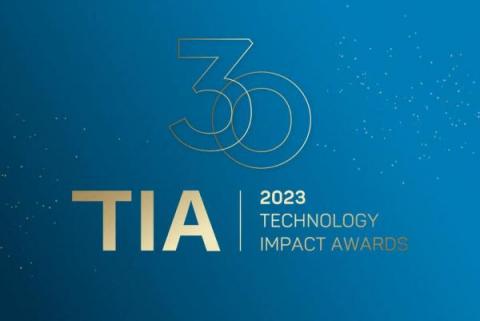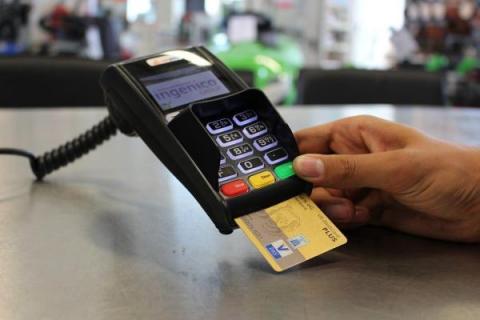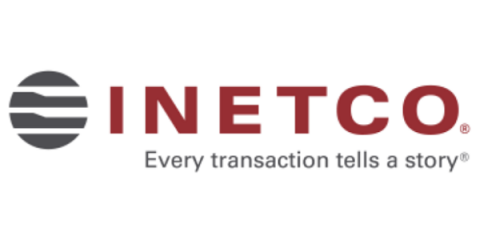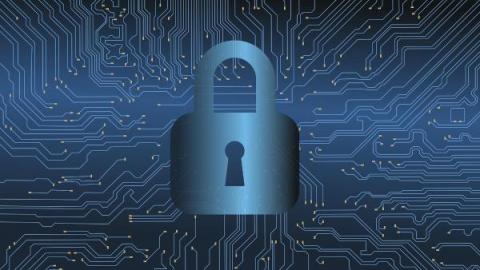INETCO Named a Finalist in the 2023 Technology Impact Awards
VANCOUVER, B.C. June 15, 2023 – BC Tech is proud to announce the finalists across 9 Technology Impact Award categories who achieved exceptional success in the past year. As BC Tech celebrates the 30th Anniversary of the Technology Impact Awards, this year’s awards celebrates 30 years of innovation in BC.









